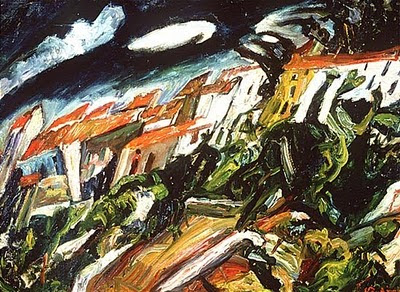Henri Matisse - Portrait de Greta Prozor, 1916

Juan Gris Le Petit Dejeuner, 1915

Joan Miro - Peinture , 1933

Georges Rouault - La Debauche et la Mort, 1926

Balthus - Alice, 1933

Fernand Leger - Les Loisirs-Hommage a Louis David, 1948-1949

Nicolas de Stael - Les toits, 1952

Pierre Bonnard - Le Corsage Rouge, 1925










































